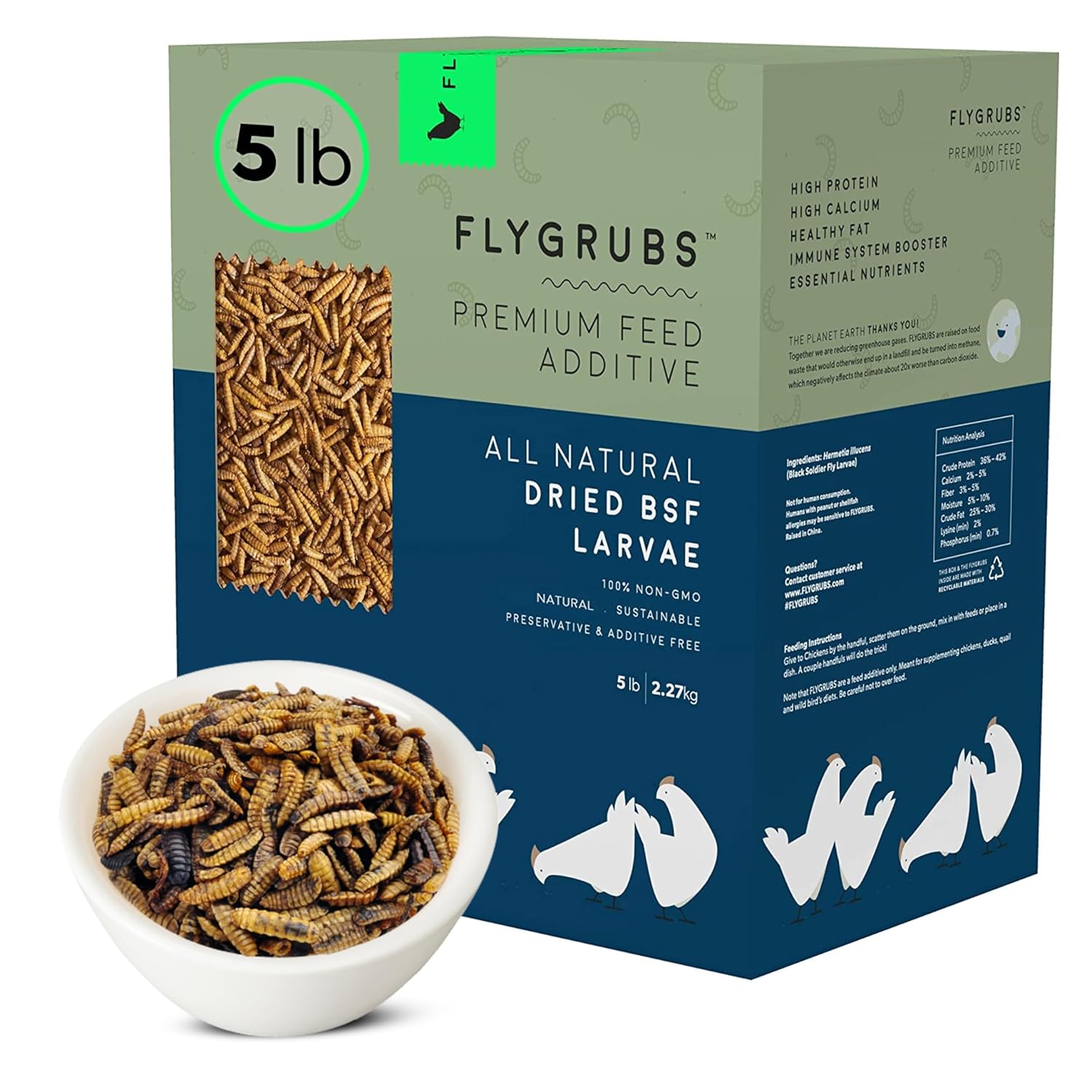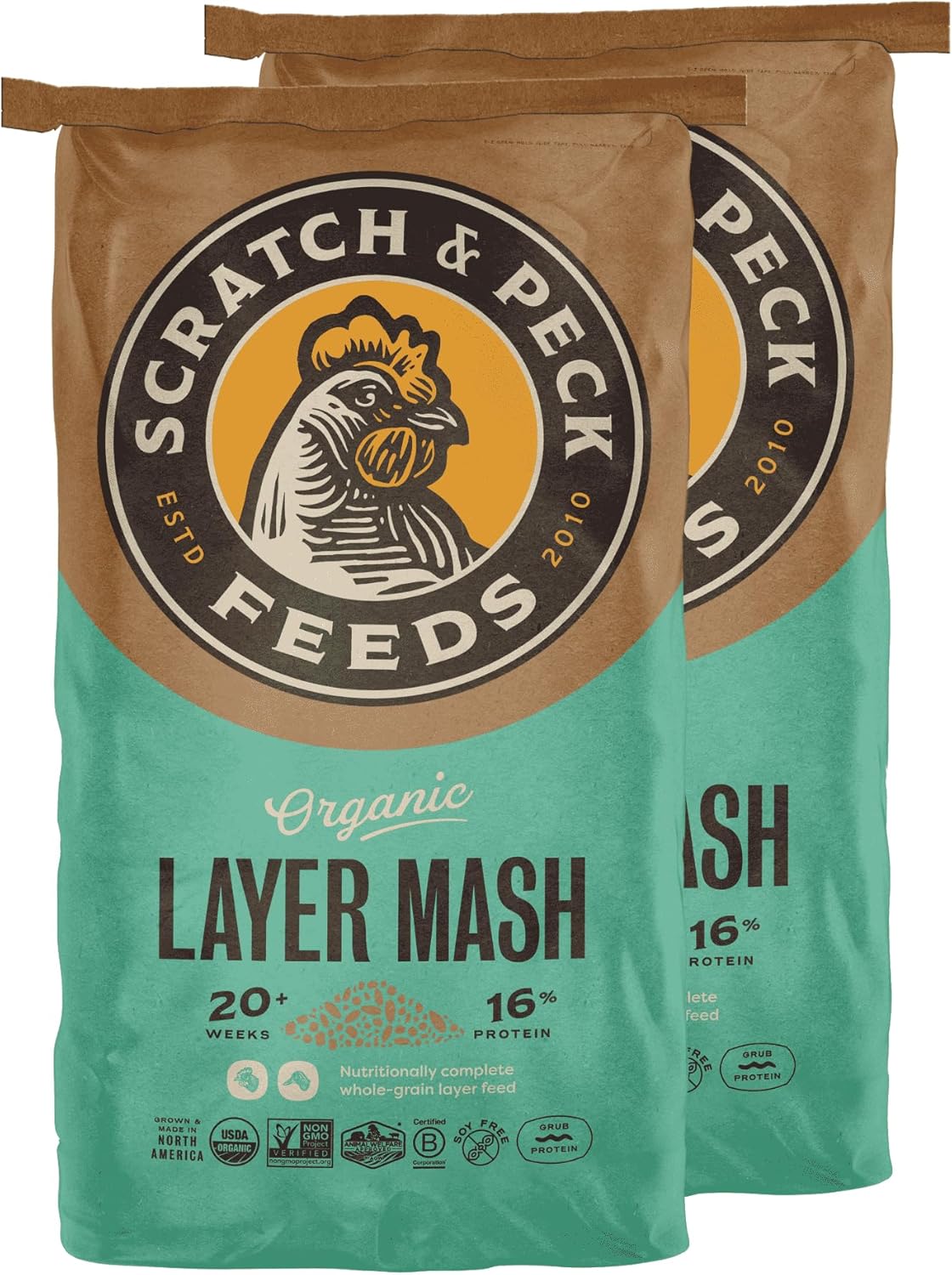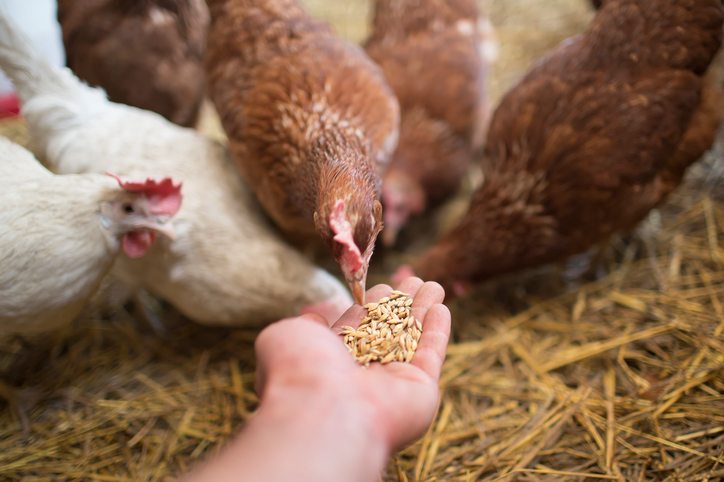In the delightful world of raising chickens, one of the most crucial considerations is the type of food you’re providing for your feathered friends. Understanding what are the types of chicken food can help ensure a healthy, happy flock. Whether you are a seasoned poultry enthusiast or starting your first coop, the proper nutrition can make a tremendous difference in your chickens’ health and productivity.

Types of Chicken Food
There are several categories of chicken feed, each formulated for different stages of a chicken’s life and specific needs. Here are the most common types of chicken food:
Starter Feed
Starter feed, often referred to as chick starter, is designed for the first few weeks of a chick’s life. This feed is higher in protein to support rapid growth and development.
Grower Feed
When chicks reach the age of 6-8 weeks, they transition to grower feed. This feed has a lower protein content than starter feed but still provides essential nutrients needed during the growing phase.
Layer Feed
Layer feed is formulated for hens when they start laying eggs, typically around 18-20 weeks of age. It has a higher calcium content to support strong eggshells and maintain the hens’ overall health.
Broiler Feed
Broilers, or meat chickens, require a high-protein diet to promote rapid weight gain. Broiler feed is packed with nutrients necessary for their fast growth cycle.
Flock Raiser
Flock raiser feed is suitable for a mixed flock of chickens, including different ages and types. It offers a balanced diet that can sustain a variety of nutritional needs.
Supplemental Foods
Beyond standard feeds, chickens can benefit from various supplements:
- Grit: Essential for digestion, especially if chickens are free-ranging.
- Oyster Shell: Provides extra calcium for laying hens.
- Greens and Veggies: Adds variety and additional nutrients to their diet.
- Treats: Scratch grains, mealworms, and other treats can be given in moderation.

Choosing the Right Feed
Selecting the appropriate feed for your chickens will depend on their age, breed, and purpose (egg-laying or meat production). Providing the correct feed can greatly influence their growth, health, and productivity.
Factors to Consider
- Age and Growth Stage: Younger chickens need higher protein levels found in starter and grower feeds, while adult layers need calcium-rich diets.
- Purpose: Determine if your chickens are for egg production or meat, as this will guide you in choosing layer or broiler feeds respectively.
- Breed Specifications: Some breeds may have specific dietary needs. Consult resources on breed-specific nutrition.
Quality and Ingredients
It’s crucial to check the quality and composition of the feed. Look for feeds with natural ingredients and avoid those with unnecessary fillers and additives.
Alternative Feeds
For those interested in alternative feeds, there are numerous options available to supplement or replace commercial feeds. This can include household scraps, garden produce, and foraged foods.

Common Mistakes in Chicken Feeding
Feeding chickens may seem straightforward, but there are common mistakes that can impact the health of your flock:
Overfeeding
Providing too much feed can lead to obesity and related health issues. It’s important to follow guidelines for portion sizes based on the type and age of your chickens.
Underfeeding
Conversely, not giving enough food can result in malnutrition. Monitoring your chickens’ body condition and adjusting feed accordingly is essential.
Lack of Clean Water
Always ensure your chickens have access to clean, fresh water. Dehydration can quickly become a serious issue and affect feed intake and overall health.

FAQs
1. What is the best type of feed for my chickens?
The best type of feed depends on your chickens’ age, breed, and purpose. Starter feed for chicks, grower feed for pullets, and layer feed for laying hens are commonly used.
2. Can I make my own chicken feed?
Yes, you can make your own chicken feed, but it requires a good understanding of nutritional balance. Research thoroughly or consult with a poultry nutritionist.
3. How often should I feed my chickens?
Chickens should have continuous access to food throughout the day. Ensure feeders are filled each morning and monitor their intake to adjust as needed.
Conclusion
Understanding what are the types of chicken food is a central aspect of successful poultry keeping. The right nutrition supports their health, productivity, and happiness. By choosing the appropriate feed and avoiding common mistakes, you can ensure your chickens thrive.
For more information on chicken breeds and their care, check out our articles on Full Size and Mini Chicken Breeds and Jumbo Egg Layers.
As an Amazon Associate, I earn from qualifying purchases.









